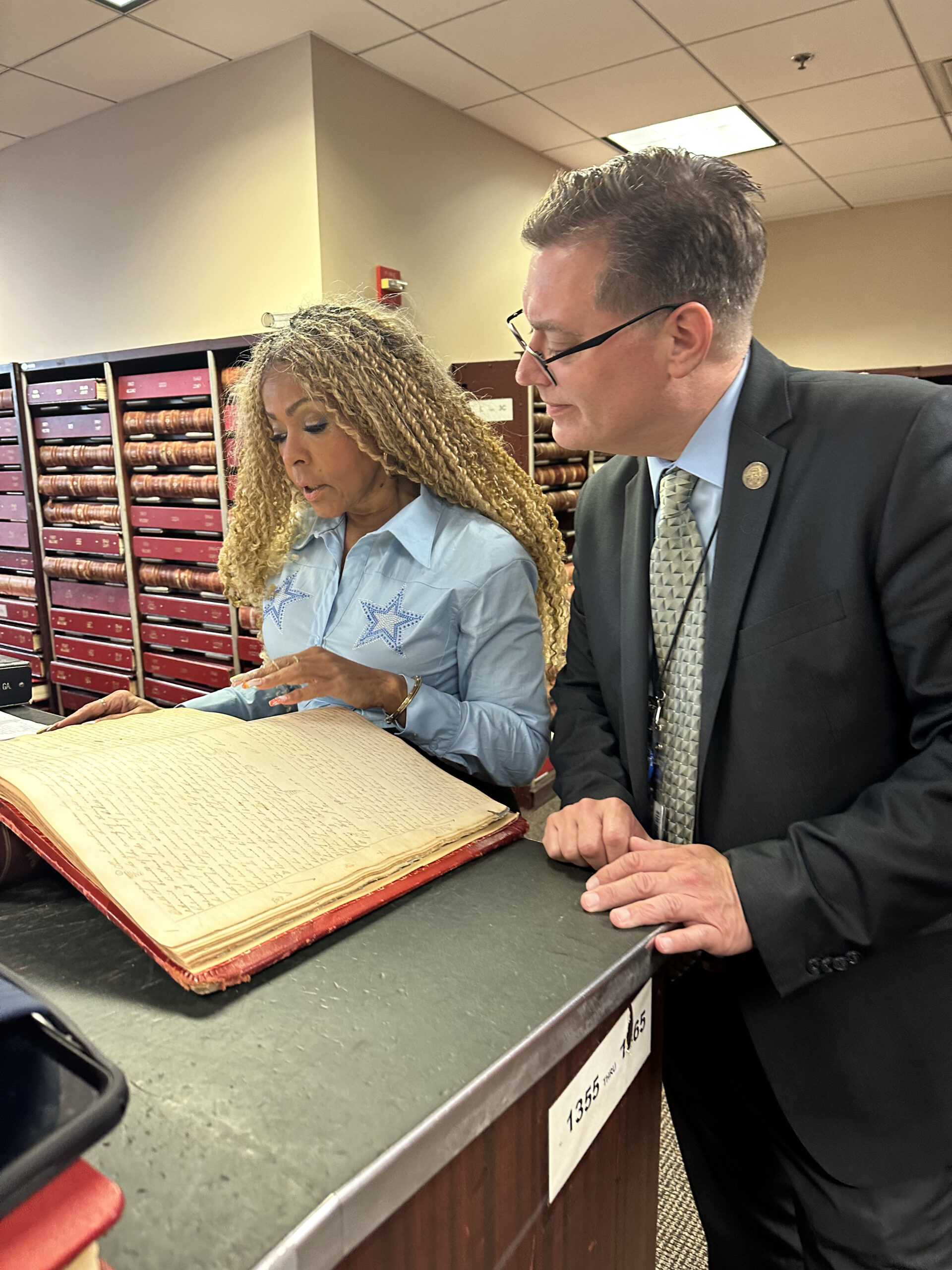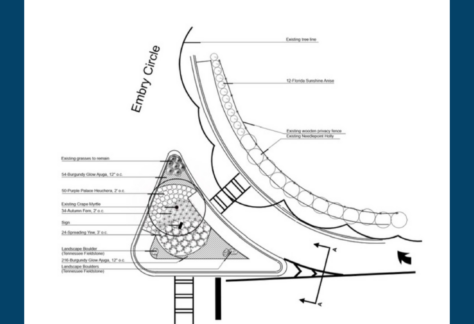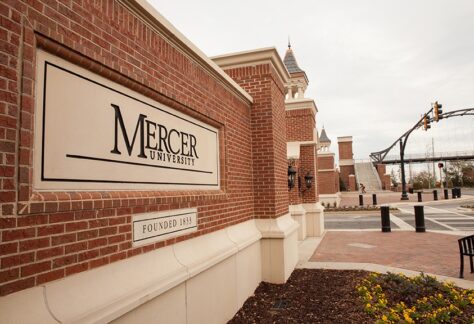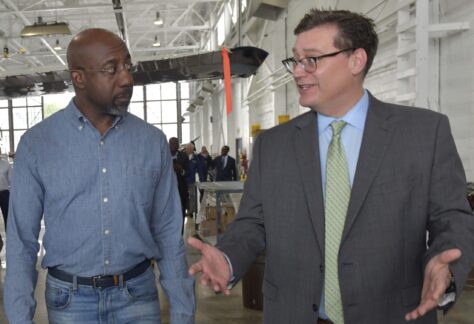DeKalb County Commission Presiding Officer and District 1 Commissioner Robert Patrick is proud to contribute to DeKalb County Superior Court Clerk Debra DeBerry’s initiative to create an online database documenting the sale and purchase of enslaved persons in DeKalb County.
“In recognition of DeKalb’s 200th anniversary, I’m honored that my office can contribute to this historic and impactful records project being led by Clerk DeBerry,” Patrick says.
Digitizing the records, some of which date back to 1828, will be an invaluable tool for people trying to research their own family histories as well as historians, students and all DeKalb citizens. DeBerry adds the project will facilitate a comprehensive understanding of how enslaved people were part of the economic fabric that built DeKalb County and impacted the growth of the wider region and nation.
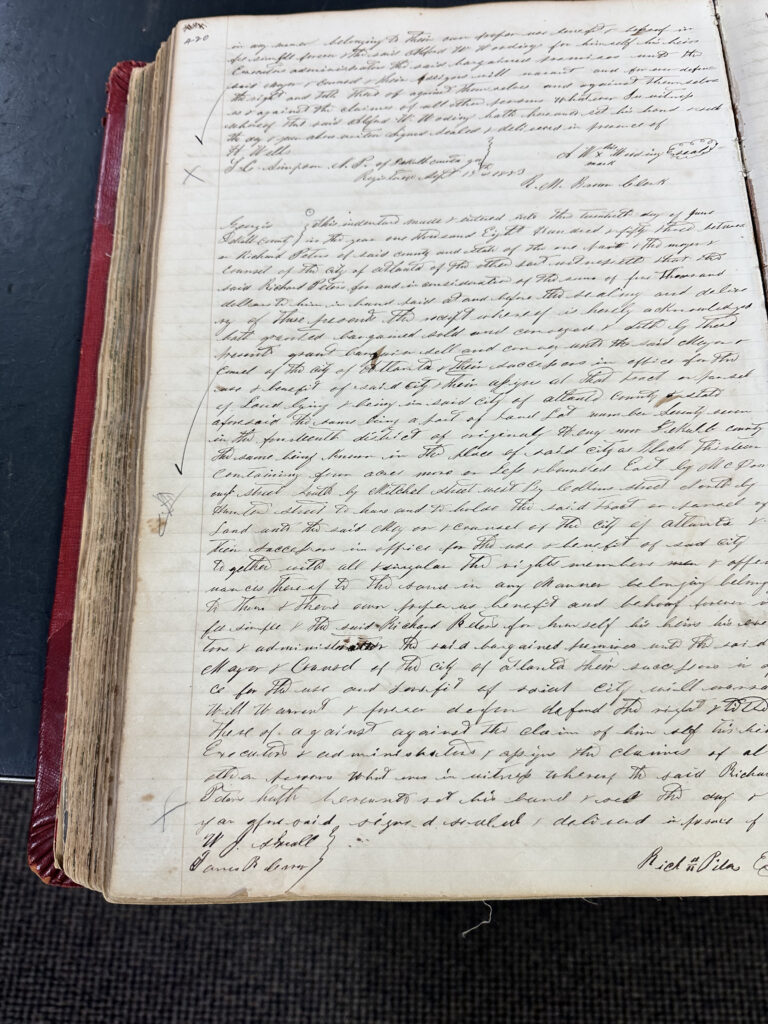
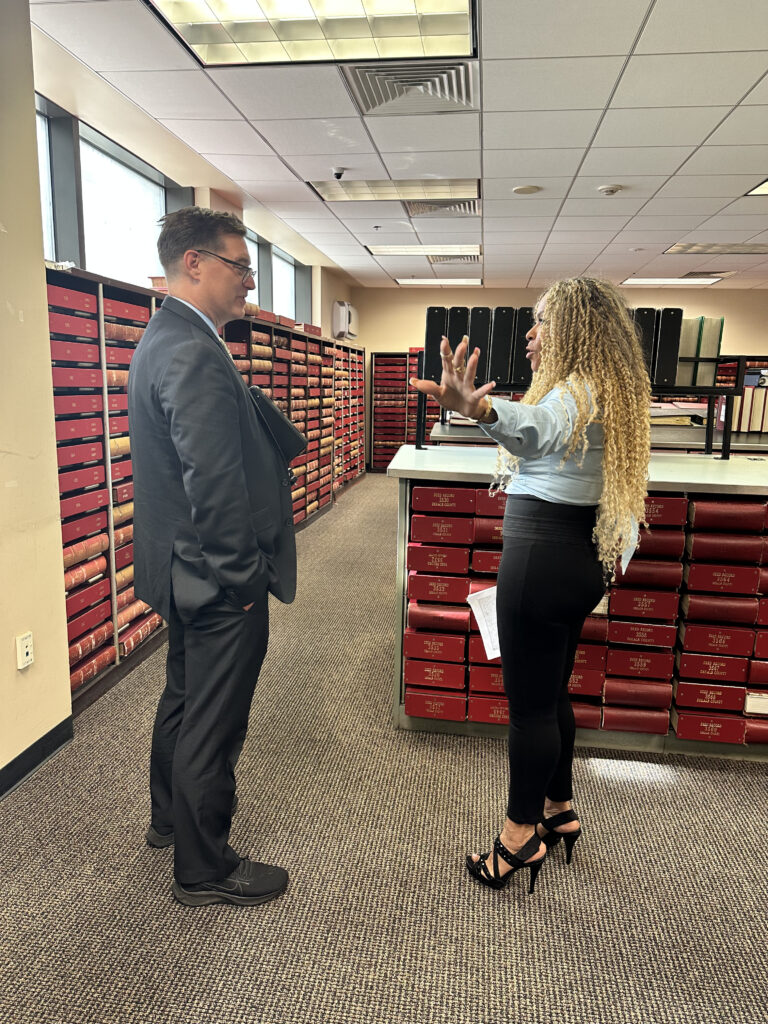
“We are embarking on a discovery mission about the history of DeKalb County and its ties to the antebellum period. The immense contributions of many named and nameless African Americans continues to unfold, I believe it is important for my office to do its part in chronicling that history,” the clerk says.
This project aims to enhance research on the slavery era in Georgia, which has often been overlooked due to the unfortunate loss of historical records during the campaigns of the Civil War era. The initial work has begun with the property deed records and eventually will expand to records from the DeKalb County Sheriff’s Office, DeKalb County Probate Court and the DeKalb Historical Center. In addition to records maintained by DeBerry’s office, the project will rely on records held by the DeKalb County Sheriff’s Office, Probate Court and the DeKalb Historical Center.
Patrick said he was privileged to lend both moral and financial support to the effort, which aims to offer an unvarnished view of the profit-driven trade in men, women and children held in slavery by allowing anyone to search the records of such sales.
“Understanding the full history of slavery and its impact is important to our county, especially as diverse as we are in DeKalb,” Patrick said. “While we can’t change the past, we can do our part to understand it, how it’s impacted who we are today, and continue the healing process.”
